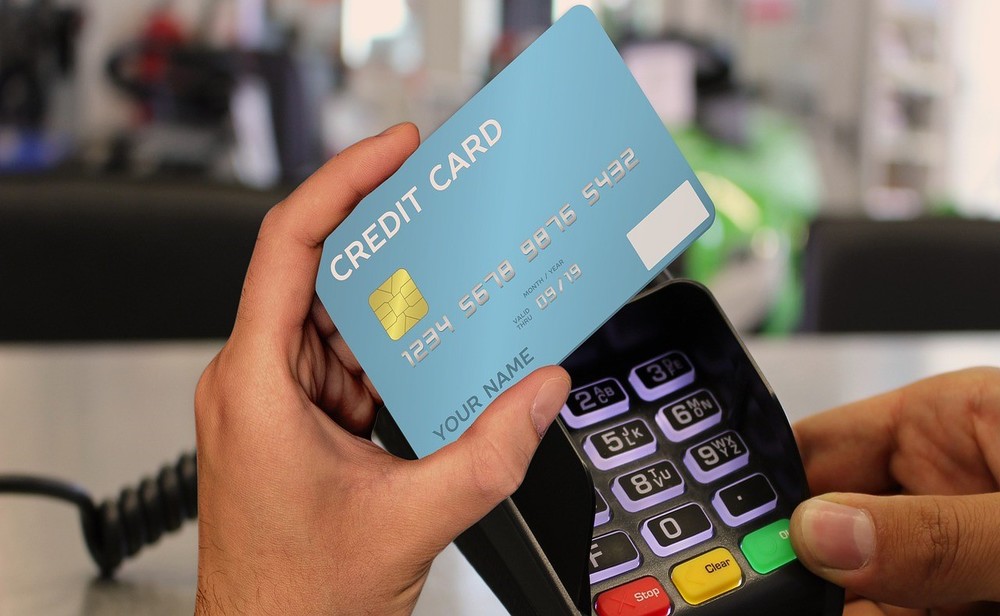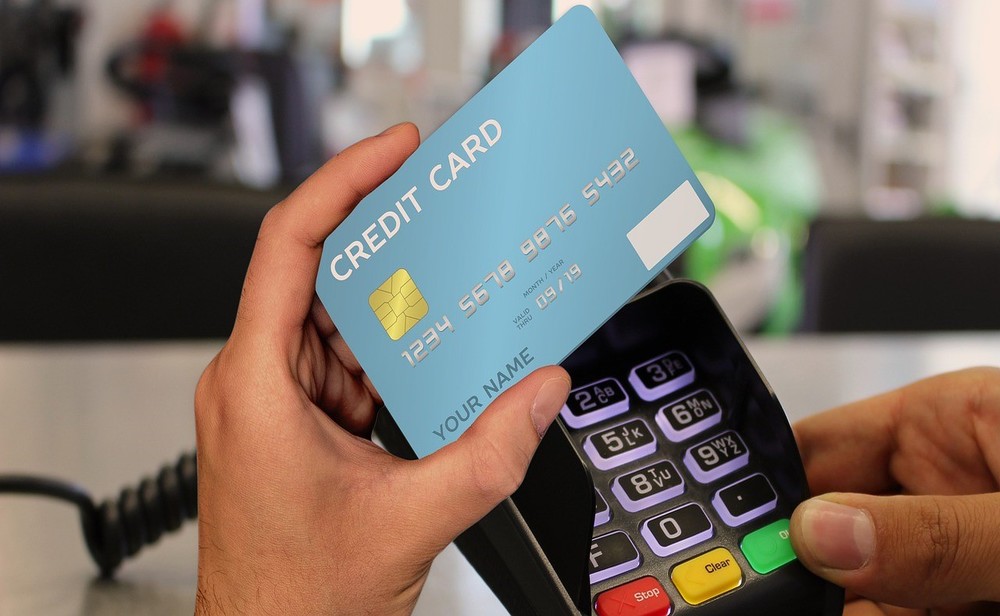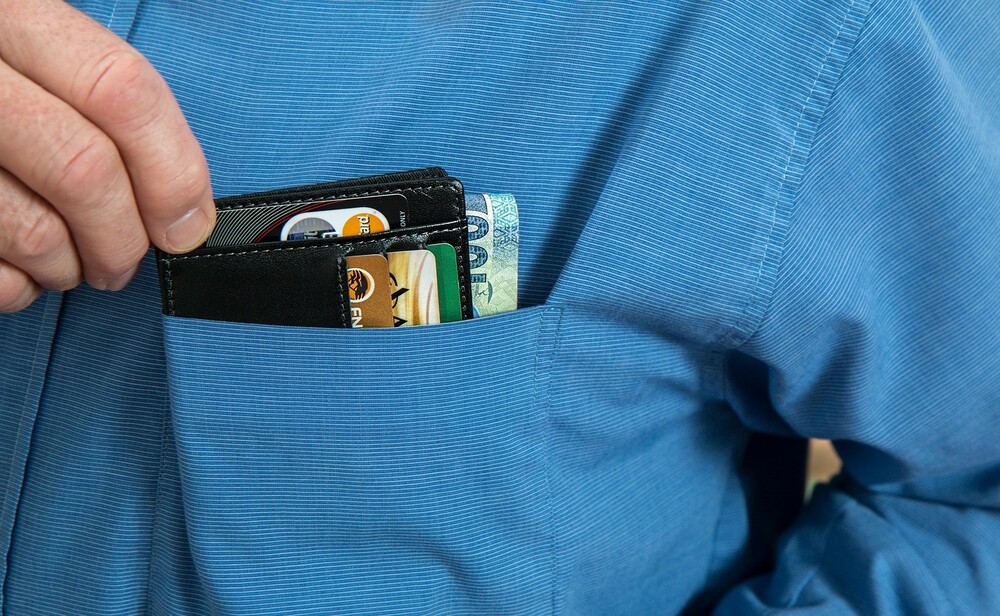What are the Best Ways to Build and Improve Your Credit Fast?
In the past decade, the credit industry has undergone a significant transformation – and that includes how credit scores are calculated and reported. The old system was based on records of late payments and bankruptcy, which didn’t include credit cards or student loans. But now things have changed and you can easily follow some best ways in order to build or improve your credit fast. First things first, you don’t have to be perfect or excel in all of these areas at the same time. All you need is a basic understanding of each and how to consistently improve them. But in order to really take your game to the next level, you need to focus on just a few areas and put in the work.

So, to make it easier to get the most out of this guide, we’ve grouped the tips into each of the best credit improvement areas and given you specific tips on how to improve your credit fast. For each topic, we’ve given you some examples of tips that have worked for other people or tips that might work for you.
Budgeting– Improve your credit fast
In some ways, your budget is just another thing to keep track of in your life. But with it, you can find out how much you can afford to spend and keep track of your spending. It can be a difficult task because it involves tracking everything you spend money on, such as groceries, utilities, rent, or any other payments you make.
That can be tough to do, especially when you’re living paycheck to paycheck. You’ll find that the average American’s monthly spending is $4,137 per month. A budget can help you get control of that by looking at where your money is going, as well as where you can cut back or make changes to your budget.
Pay Off High-Interest Debt
The average household in the United States has a total of $15,062 of credit card debt, according to the Federal Reserve. You need to pay that down, and with good budgeting, you can start doing that by focusing on the high-interest debt first. High-interest debt isn’t necessarily just your credit card balances; it could be anything.
Some debt will have a low-interest rate, such as a personal loan or student loan, which won’t seem so high to pay off. But there are other types of debt, such as credit cards, that have high-interest rates. When you pay that credit card off, you can concentrate on paying off high-interest debt. It’s also important to keep in mind that the lower the rate you’re paying on a credit card balance, the higher the interest you pay over time.
Open a Budgeting and Money Management Account
If you can’t stick to your own budget, at least set up an account to help you. You can track and manage your budgeting and make budgeting suggestions and suggestions for improving your budget. If you’re trying to live off of one income, you may find it helpful to set up a separate budget account.
That will keep you from overdrawing your account or overspending to make up for the loss of your other income. While you are budgeting, you might also want to have an emergency savings account as well. And if you’re having a hard time sticking to your budget, then you’ll want to add in a certain amount for treats and other discretionary expenses.
Set a Spending Limit for Each Card (Improve your credit fast)
You should have an account or two, or more, dedicated to credit cards. Set your spending limit and use it for each of your credit cards each month.
If you don’t know how much you can spend on each card, don’t worry. You’ll get that information in the first few weeks of each month from the credit card company. And you’ll be able to adjust it as your income changes or as your needs change.
Pay for New Cards
Before you add a new card to your shopping list, make sure it’s the right one it will improve your credit fast. If you add a card, don’t change the promotional offers on it; stick with them. And if you’re opening another credit card, you need to make sure you put enough on there to pay for any new purchases you make, as well as your balance.
Free Money for Shoppers
Some companies offer special discounts to customers. Some give a certain amount of money off in return for a certain amount of money spent on the company’s goods. If you’re looking for a way to save money on a purchase, this might be an option to consider.
For example, the Kohl’s Cash Bonus card allows you to earn a $10 bonus after spending $150 or more in the first three weeks of opening a new account, making it worth getting if you’re shopping frequently.
Be Consistent with Regularly Paying All of Your Bills on Time
It’s important to get a good handle on all of your accounts, especially if you have a lot of them. But just because you have a good handle on a few of your accounts doesn’t mean that you’re on track with the rest of them.
Having a good handle on your credit cards and checking accounts is great, but if you have credit cards or savings accounts that aren’t tracked well or aren’t paying on time, then it’s more of a headache than it’s worth. To avoid these problems, make sure that you’re paying all of your bills on time. Sure it improve your credit fast.
Review Your Credit Reports Regularly
When you get a credit card or a loan, you need to tell the lender about any existing debts, which means you’ll need to check your credit reports. This helps the lender to see what you have on your records. To make sure you get the most accurate credit reports, you need to sign up for a free credit report from each of the three major credit bureaus.
You can find that information online at various sites, where you can get one free copy every 12 months. If you see errors or errors in your credit report, you should contact the credit bureau to have that error fixed. You can also request a copy of your credit report from all three credit bureaus for free once a year.
Improving Your Credit Score
As you know, your credit score determines your creditworthiness and whether you can qualify for loans or other types of credit. But before you go get your credit report, you’ll want to start putting on good habits. For one, pay on time each month and pay the minimum amount due on your credit card balances. If you want to have the best chance of having a high score, you should also keep your credit utilization low, which means you should only use 30 percent of your available credit.
You can get a free copy of your credit report from each of the three major credit bureaus by going to AnnualCreditReport.com and typing in your name and the last six digits of your Social Security number. You can also request a free copy of your credit report if you’ve been a victim of identity theft by contacting the Federal Trade Commission.
Put a Cap on Your Credit Cards
Try putting a cap on your credit cards. You want to make sure you can pay your balance down to zero. But if you can’t pay it down that far, you’ll want to make sure you have a few more months or years on your card so you can get to that point.
Limit Card Purchases to 3 a Week
If you go out to dinner with friends every week, you can do that each week. But if you pay for a new card every time you go out, that can start to cost you a lot. If you go to a restaurant two times per week, you should plan on getting one credit card. That way, you can have a credit card for eating out for the meals that you don’t go out to eat and use your card for the meals where you’re trying to pay it down.
Open a Credit Card for Rewards
Some people can’t resist getting free money, and it can be a problem if you’re not careful. But in fact, a lot of banks offer credit cards that offer free rewards for using them. And while these offers usually require you to pay a balance each month, there are some that can help you save money while paying off the balance in full each month.
For example, the Citi Double Cash card, which lets you get two $200 Citi gift cards for your first three purchases each month, can save you money when paying the balance in full each month and earns you 2 percent cashback.
Be disciplined and stick to paying off your card each month. It will be hard to resist the temptation of the rewards, but your budget will thank you later.
The bottom line:
If you can get a handle on your budgeting and money management habits, you can begin to free yourself from debt and live a life where you’re able to get the things you want with the money that you have.
Must Read: Why Is It Necessary to Check Credit Score Regularly?






